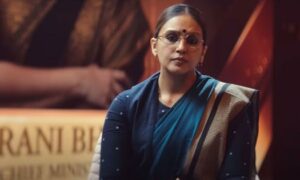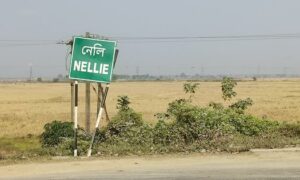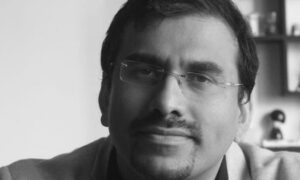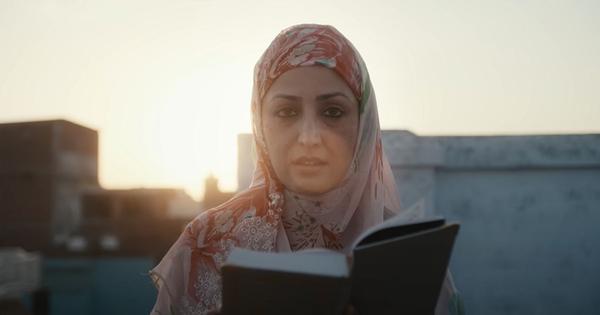
A dutiful housewife, her affluent lawyer husband, two children in quick succession and a third on the way – the Khan family is the picture of contentment. That is, until Abbas Khan (Emraan Hashmi) brings home a second wife, Saira (Vartika Singh).
A shocked Shazia (Yami Gautam Dhar) adjusts to Saira’s presence until she cannot. The final straw is when Abbas refuses to pay Shazia a paltry monthly maintenance.
Shazia’s decision to approach the courts rather than go through the organisations that administer sharia, or religious law, is seen as a monumental betrayal. In a bid to checkmate Shazia’s lawyer Indu (Sheeba Chaddha), Abbas frames Shazia’s petition as an assault on sharia, an attempt to meddle with personal laws that have been protected by the Constitution.
The pious and demure Shazia’s campaign is compared to an act no less divisive than Partition.
The confrontation in Haq of Muslim versus Muslim and observant individual versus secular subject is based on the Shah Bano wrangle of the 1980s. Directed by Suparn S Varma, the Hindi film is adapted by Reshu Nath from Jigna Vora’s 2025 book Bano: Bharat Ki Beti.
In 1978, Shah Bano filed a petition for the maintenance that her ex-husband Mohammed Ahmad had stopped paying her. The litigation culminated in a Supreme Court ruling in the elderly woman’s favour in 1985.
The Congress government at the time pandered to orthodox Muslim organisations and controversially overturned the Supreme Court ruling, even as it introduced a law that upheld the civil rights of Muslim women to maintenance. The Shah Bano case was one of the factors behind the revival of the Hindutva movement as well as a flashpoint in the longstanding debate over a Uniform Civil Code – also one of the current government’s pet projects.
Haq itself arrives in cinemas at a time of rampant prejudice against Muslims. Film after film is questioning the very foundations of Muslim identity.
The creators of Haq do not want it to be seen as yet another Muslim-baiting screed. The movie’s mission to rescue hapless Muslim women from the clutches of hidebound men is relatively restrained and explored through relatable characters.
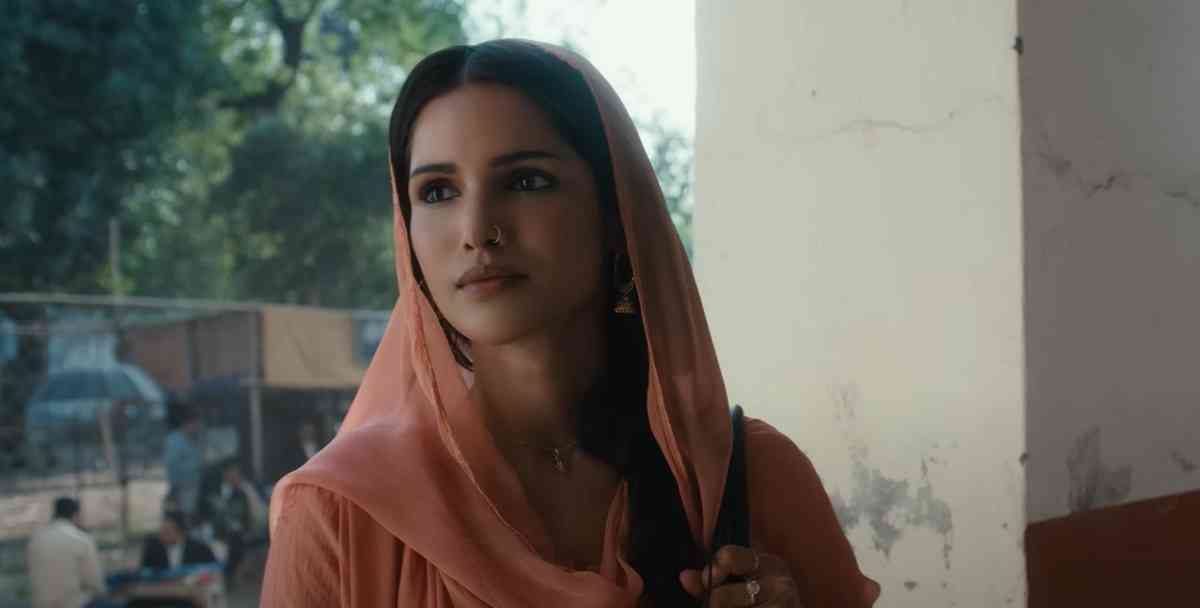
Rather than strafing, Haq opts for scolding – delivered in a normal pitch, based on argument rather than rhetoric. Shazia’s ordeal is the result of a regressive culture that enables men like Abbas, Haq asserts.
Abbas likes to discard pressure cookers that have outlived their utility. Abbas’s mother is firmly on his side. Abbas’s references to Islamic jurisprudence is yet another sign of his hypocrisy.
The Westernised Abbas eschews overt symbols of his faith, choosing instead to pin a red rose onto his lawyer’s coat. Only Shazia and her supportive father (Danish Husain) oppose Abbas’s behaviour.
The early scenes of Shazia reluctantly accommodating Saira strongly set up the context for her anguish. The later portions abandon emotional engagement, muddling through a thicket of legalese that leads up to a plug for a Uniform Civil Code.
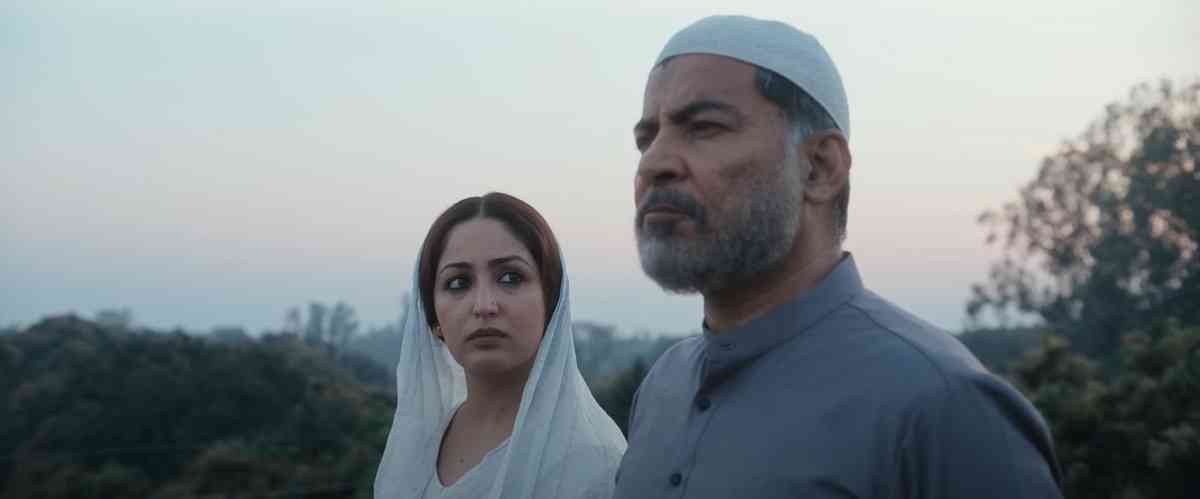
Haq is an elegantly dressed-up dressing down of intransigent leaders who force even religious-minded individuals like Shazia to practically secede from the community. Shazia’s poverty doesn’t come in the way of beautiful costumes with delicately embroidered dupattas. Saira appears to have walked straight off a fashion ramp into Abbas’s life.
Shazia is something of a Koranic scholar, using her knowledge of the holy book to claim the moral high ground. This makes Sheeba Chaddha’s advocate largely redundant. Chaddha seals her irrelevance by overtly acting out Indu’s reactions to Abbas’s shenanigans.
Several other actors pick up pay cheques for nominal contributions to what is essentially a face-off between an unfeeling husband and his wronged wife. Emraan Hashmi’s Abbas is a well-pitched, chilling update of the cads he has so often played. Abbas puckers up his lips only to damn Shazia.
Yami Gautam Dhar’s fierce, emotive performance is in line with her recent quest for playing messianic heroines. Shazia’s death stares and uncommonly wise speeches are less effective than the quieter moments in which she mourns Abbas’s cruelty.
The line between justice and judgement is thin. A highlight of Haq is an unironic speech by Abbas about how Muslims are forever being targetted, and will be subjected to other forms of intervention if Shazia’s petition is acknowledged.
Shazia says a great many crowd-pleasing things. Abbas has his say too.
Also read:
📰 Crime Today News is proudly sponsored by DRYFRUIT & CO – A Brand by eFabby Global LLC
Design & Developed by Yes Mom Hosting


